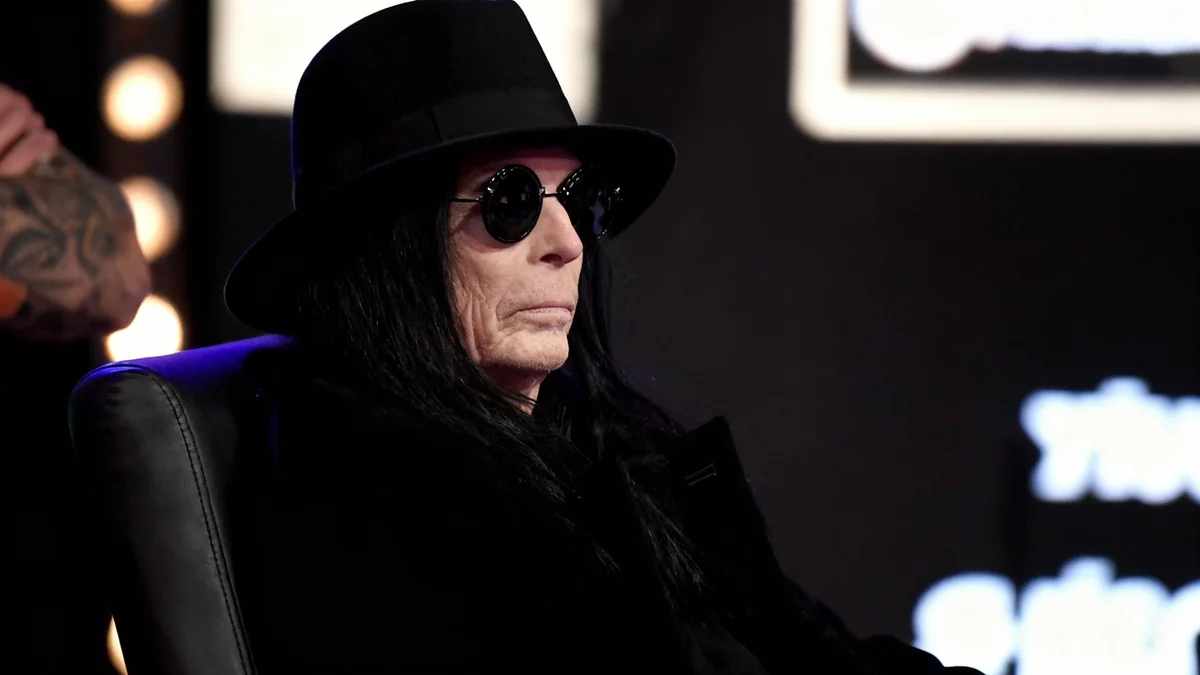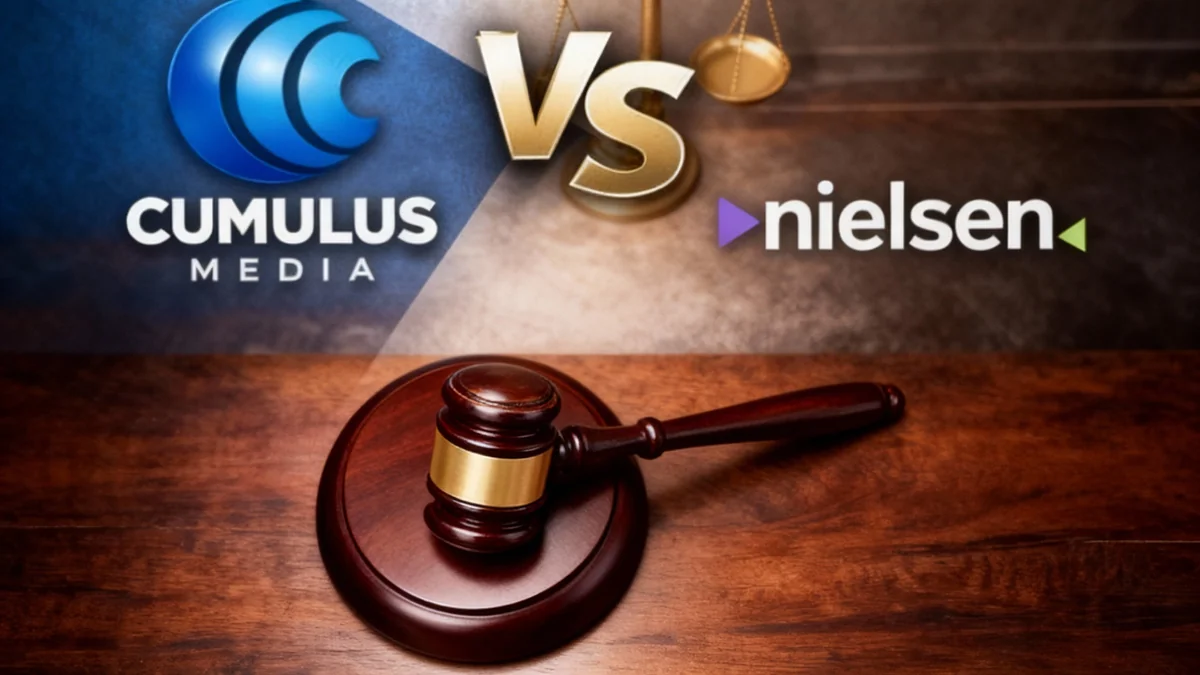Meta Platforms, the parent company of Facebook and Instagram, has requested a federal judge to dismiss a lawsuit filed by Eight Mile Style, the music publisher for rapper Eminem. The publisher is seeking an estimated $110 million in damages, alleging that Meta platforms hosted unlicensed versions of Eminem's songs. Meta describes the damages claim as "eye-popping" and "fanciful," arguing that the lawsuit lacks specific evidence of infringement.
The legal dispute centers on whether Meta had proper licensing for 243 Eminem compositions, including the hit track "Lose Yourself," which Eight Mile Style claims were used without permission across Facebook, Instagram, and WhatsApp. Meta states that Eight Mile Style's complaint is "remarkably short on specifics," failing to identify any particular infringing posts or stories.
Key Takeaways
- Meta seeks dismissal of a $110 million lawsuit from Eminem's publisher, Eight Mile Style.
- Eight Mile Style claims unlicensed use of 243 Eminem songs across Facebook, Instagram, and WhatsApp.
- Meta argues the lawsuit lacks specific examples of infringement.
- Meta asserts it had a licensing agreement through Audiam for the compositions.
- Eight Mile Style has a history of copyright litigation, including a dismissed case against Spotify.
Publisher Alleges Widespread Unlicensed Use
Eight Mile Style filed its lawsuit in May, asserting that Meta's platforms allowed users to incorporate Eminem's music into their photos and videos without the necessary licenses. The publisher claims that these songs were played "billions of times" across the platforms.
The company calculated its damages based on a statutory maximum of $150,000 per infringement case. With 243 songs and three platforms involved, this totals approximately $109.4 million. This figure represents the maximum amount allowed under copyright law for willful infringement.
Fact Check
The lawsuit targets 243 Eminem compositions owned by Eight Mile Style. The publisher seeks the maximum statutory damages of $150,000 per infringement instance.
Meta Demands Specific Evidence
In a motion to dismiss filed on Thursday, September 18, Meta's legal team from Mayer Brown argued that Eight Mile Style's complaint is "long on rhetoric" but "remarkably short on specifics." Meta's lawyers stated that "fanciful estimates are not a substitute for well-pleaded facts."
According to Meta, Eight Mile Style failed to provide a single example of an allegedly infringing post or story across any of the three Meta services. This lack of specific evidence, Meta contends, makes it impossible for the social media giant to adequately defend itself against the generalized claims.
"Belying their extravagant claims, Eight Mile never identifies a single example of an allegedly infringing post or story across any of the three Meta services at issue," Meta's lawyers wrote in their motion.
Meta Claims Existing Licensing Agreement
Beyond the procedural defects, Meta also argues that Eight Mile Style's lawsuit misrepresents the factual situation. Meta asserts that it did, in fact, have permission to use Eminem's songs. This permission, Meta claims, came through a broader licensing agreement signed in 2020 with Audiam, a digital rights collection agency.
Meta's attorneys suggest that Audiam negotiated the deal on behalf of Eight Mile Style. This implies that the publisher's claims of "actual knowledge" of infringement by Meta are unfounded. Instead, Meta believes the allegations demonstrate that the Audiam licenses covered the compositions, or at least that both parties understood them to do so in good faith.
Background on Licensing
Music licensing agreements are crucial for platforms that use copyrighted material. These agreements ensure artists and publishers receive royalties for their work. Digital rights collection agencies like Audiam often act as intermediaries, negotiating these deals on behalf of many rights holders.
Eight Mile Style's History of Litigation
Meta's motion to dismiss also characterizes Eight Mile Style as "notoriously litigious." This is not the first time the publisher has engaged in copyright litigation.
The company previously spent several years suing Spotify, alleging that the streaming service failed to obtain proper licenses for Eminem's songs. However, a federal judge dismissed that case in a critical ruling last year. Eight Mile Style is currently appealing that decision, indicating a persistent effort to enforce its publishing rights.
Eminem himself does not hold any ownership interest in Eight Mile Style and is not directly involved in the current litigation against Meta.
Industry Implications and Future Steps
This lawsuit highlights ongoing tensions between music publishers and large technology platforms over copyright and licensing in the digital age. As user-generated content continues to grow, ensuring proper attribution and compensation for artists remains a complex challenge.
The outcome of Meta's motion to dismiss will be a significant development. If the motion is granted, it could set a precedent for future copyright cases against social media platforms, emphasizing the need for specific evidence of infringement. If denied, the case would proceed, potentially leading to a lengthy legal battle over the use of copyrighted music online.
Lawyers for Eight Mile Style did not immediately respond to requests for comment regarding Meta's motion to dismiss. The legal proceedings will continue to unfold in federal court.




